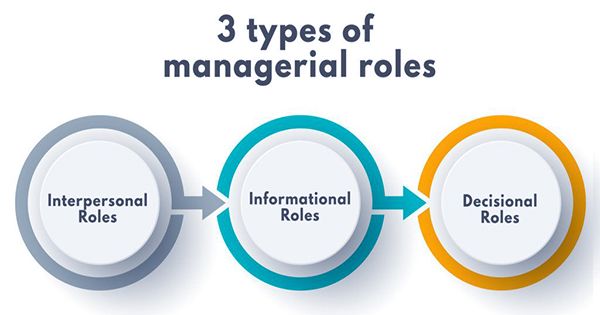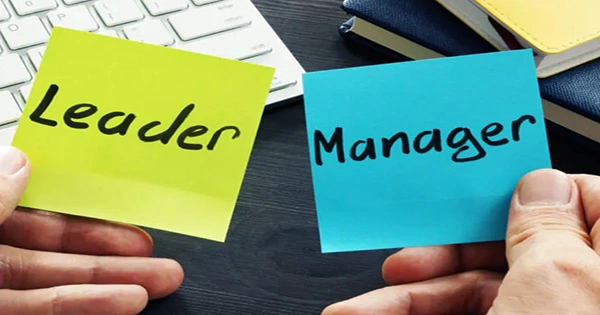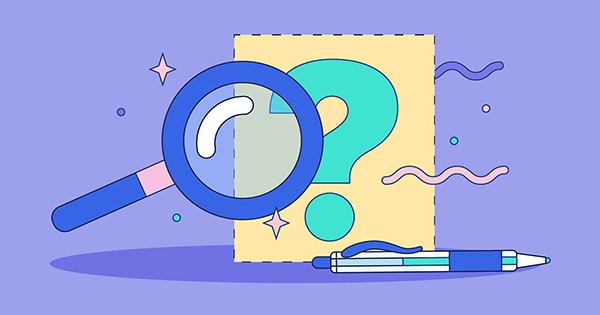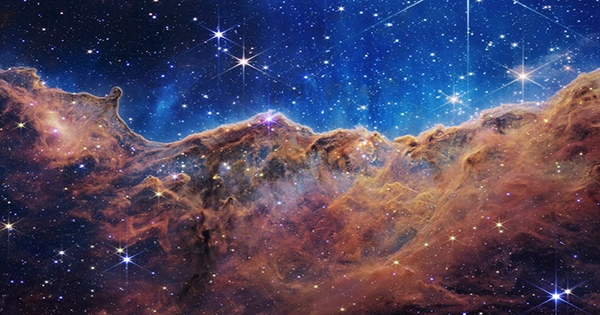The Career Stages refer to the stages of career development that an individual passes through Basically, there are 5 career stages, which an individual has to undergo during his lifetime.
- Exploration: The exploration stage is the pre-employment stage, Mherein the individuals are in their mid-twenties and enter their college life to the work environment. Individuals narrow down their preferences on the basis of the directions shown by their parents, friends, family, teachers. At this stage, several expectations about the work are created that may be fantasies, or unrealistic beliefs about the work, very much before entering into the firm.
- Establishment: At this stage, an Individual actually experiences the work culture m his first job. Here, all the expectations and fantasies come to an end, and one has to face the reality of life. This stage covers about 10 years from 25 years of age.
It is also called a learning stage; the fresher leams under the guidance of a mentor. At this stage, the fresher commits many mistakes and tries to learn from them, thereby gaining a position in society and for his career advancement.
- Mid-Career: This stage covers the age period of 35 to 45 years. At this stage, the individual is no longer considered to be a fresher, and his mistakes are taken seriously by the senior management. Hére. the employee must evaluate his current career position, i.e. whether he is advancing, has stabilized, or has started to decline, and look for future career prospects. At this stage, an individual has to maintain a balance between his career and his personal life i.e. spouse and children.
- Late-Career: At this stage, an individual reaches a particular position in the organization hierarchy, on the basis of his career graph which is characterized by growth or stagnation. If an individual grows even after the mid-career (i.e. 20 years after mid-forties), then he is considered to be having a pleasant experience with the work. Here, an Individual becomes the mentor and guides others through his experiences.
- Decline: This is the last stage of career development. At this stage, an Individual has to step out of his work or get retirement from his official commitments. It is considered one of the difficult stages. as it is very hard for the employees to leave the firm who are doing excellent even after their late careers.
Thus, every individual passes through these five stages of career development as they move along their life cycle.
















